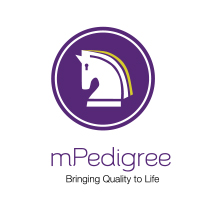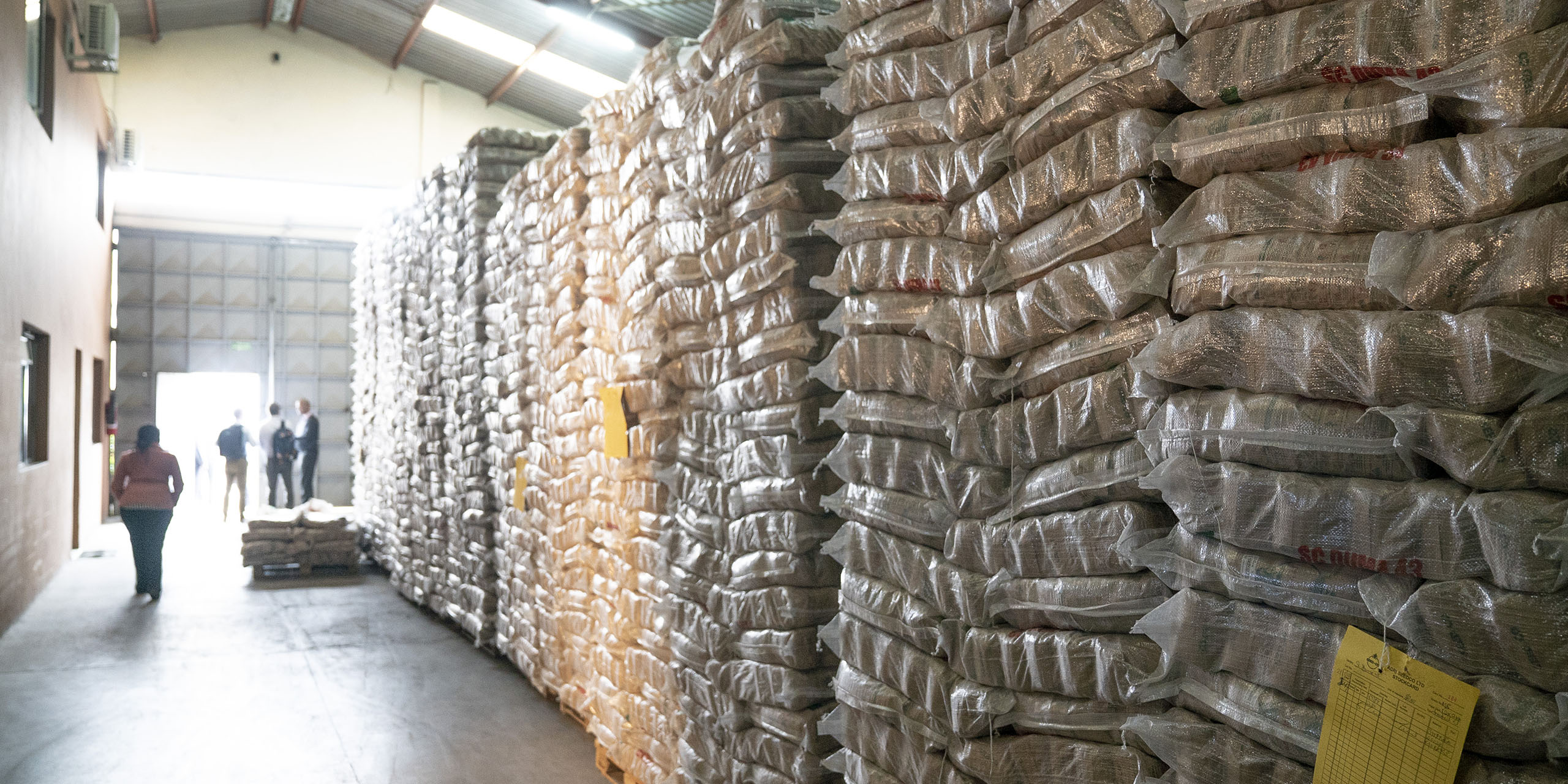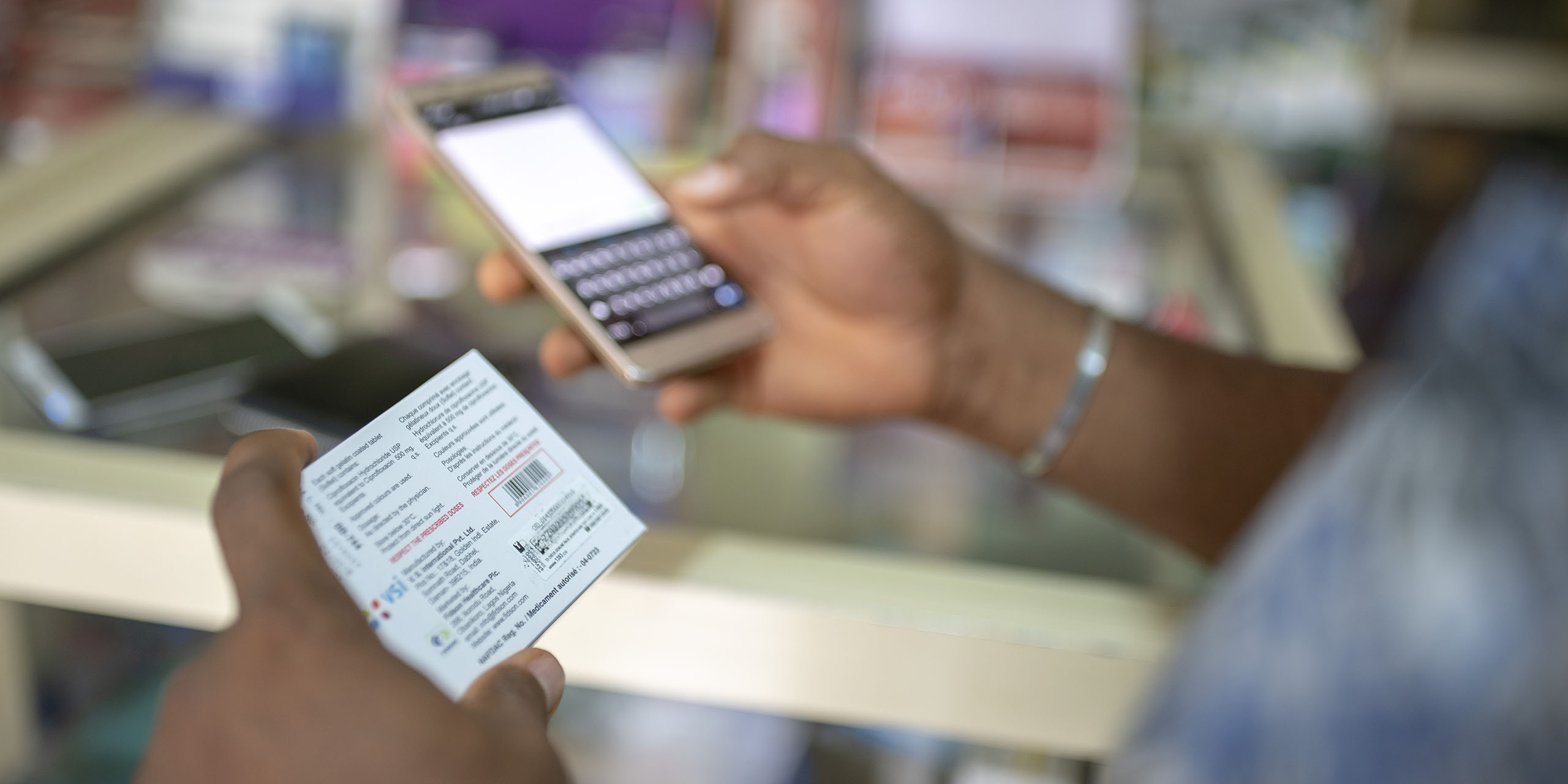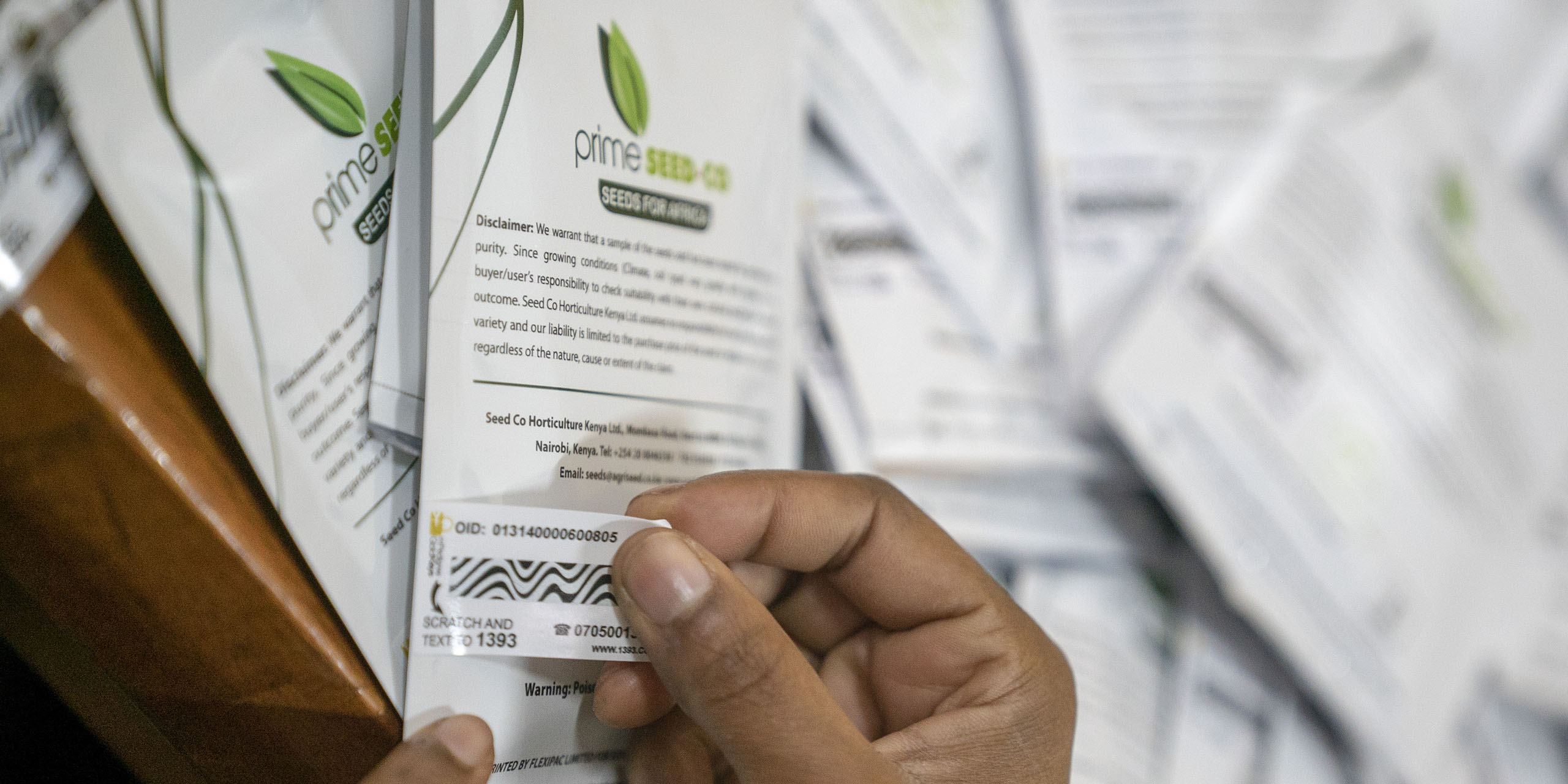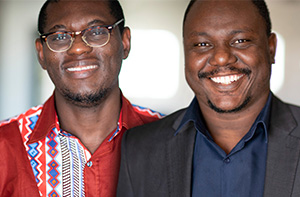While the global economic impacts of counterfeiting are costly, the human toll is staggering. Counterfeit drugs kill an estimated one million people every year. Counterfeit agricultural inputs hinder productivity and keep smallholder farmers in poverty, in effect decreasing food security and potentially worsening famines. Weak, uneven regulation and oversight have allowed this fraudulent market to develop while consumers absorb the cost. Without effective, universally applied certification tools, transnational supply chain corruption continues to grow at an alarming rate.
mPedigree’s core innovation is a unique product identification marker that consumers use to determine authenticity. They simply scratch off the label and evaluate a code within seconds using a mobile phone camera or text message. A rich overlay of software tools and sensor technologies create full supply chain traceability and visibility, risk management, and predictive analytics. Empowered consumers in Africa, South Asia, and the Middle East know immediately if they have counterfeit goods—not after they’ve entered diabetic shock or have seen crops fail. Regulators have embraced the technology and industry sees that product integrity and supply chain analytics correlate with strong sales. While graft and corruption wane, consumer confidence in the marketplace grows.
Both government and industry actors have great incentive to stamp out counterfeiting—mPedigree has formed partnerships in both the public and private sectors. Nigeria now requires labeling on all anti-malarial and antibiotic medicines. Kenya requires labeling on all seed packages for smallholder farmers. The metadata from those millions of authentications help corporations spot counterfeiting trends and supply chain dysfunction. Beyond mobile technology, mPedigree deploys sensors and machine learning to predict counterfeiting before it occurs and measures its environmental impact. mPedigree’s work is unified by a simple grand vision: a marketplace powered by verification and trust.

